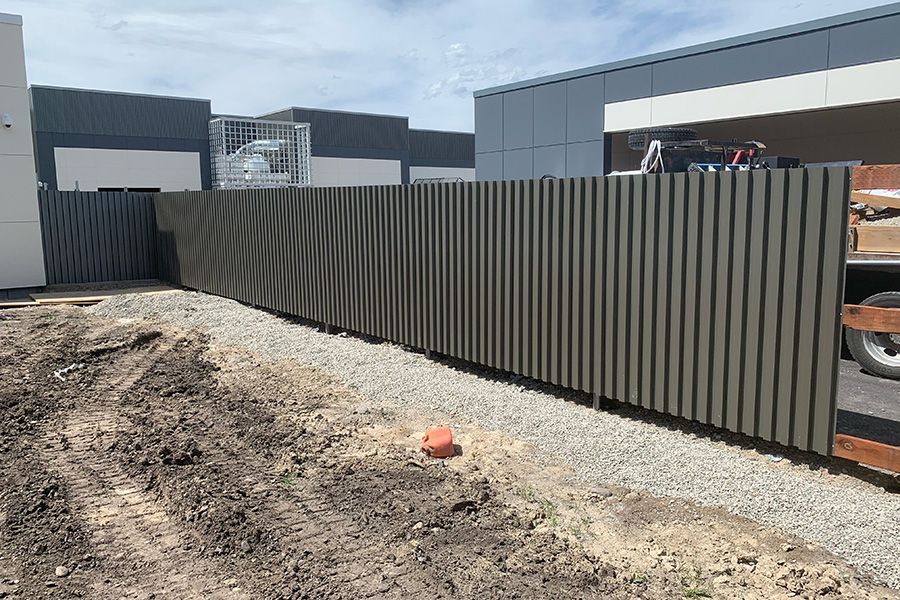Overview of Vinyl and Wood Fencing
Choosing the right fence for your home often comes down to two popular materials: vinyl and wood. Each has unique pros and cons, and your decision will depend on various factors like budget and aesthetic preferences.
In this guide, we’ll break down the key aspects of vinyl and wood fences to help you decide which material is the right fit for your property.

The Advantages and Disadvantages of Vinyl Fencing
- Durability: Vinyl fences are highly resistant to weather, pests, and rot, making them a long-lasting choice.
- Low Maintenance: Because vinyl doesn’t need painting or staining, it requires very little upkeep, making it a hassle-free option.
- Cost: Although vinyl fences can be more expensive to install initially, they offer long-term savings due to their low maintenance needs.
- Drawback: Limited color and style options can make it harder to match certain aesthetics.
Benefits and Drawbacks of Wood Fences
- Aesthetic Appeal: Wooden fences have a timeless, natural charm and can be customized with various stains and paints.
- Cost: Typically, wood fences are less expensive upfront compared to vinyl.
- Maintenance: Wood fences require regular maintenance, such as painting, staining, and repairs, to prevent damage from pests and the elements.
- Lifespan: Wood fences tend to have a shorter lifespan, especially in areas with harsh weather conditions.
Is Vinyl or Wood the Best Value for Your Fence?
The initial cost of a vinyl fence is often higher than that of a wood fence. However, vinyl’s low maintenance requirements can save you money in the long run. Wood fences, while cheaper to install, may require frequent upkeep, which can add up over time.
If you’re considering long-term value, vinyl might be the better option. However, for those with a tight budget or short-term needs, wood can be a more cost-effective choice.
Which Fencing Material is More Eco-Friendly?
While wood is considered more eco-friendly due to being a renewable resource, treated wood may contain harmful chemicals. Vinyl, though not biodegradable, has a longer lifespan, which can minimize its environmental impact.
Choosing sustainably sourced wood or recycled vinyl can be a greener option for your fence installation.
